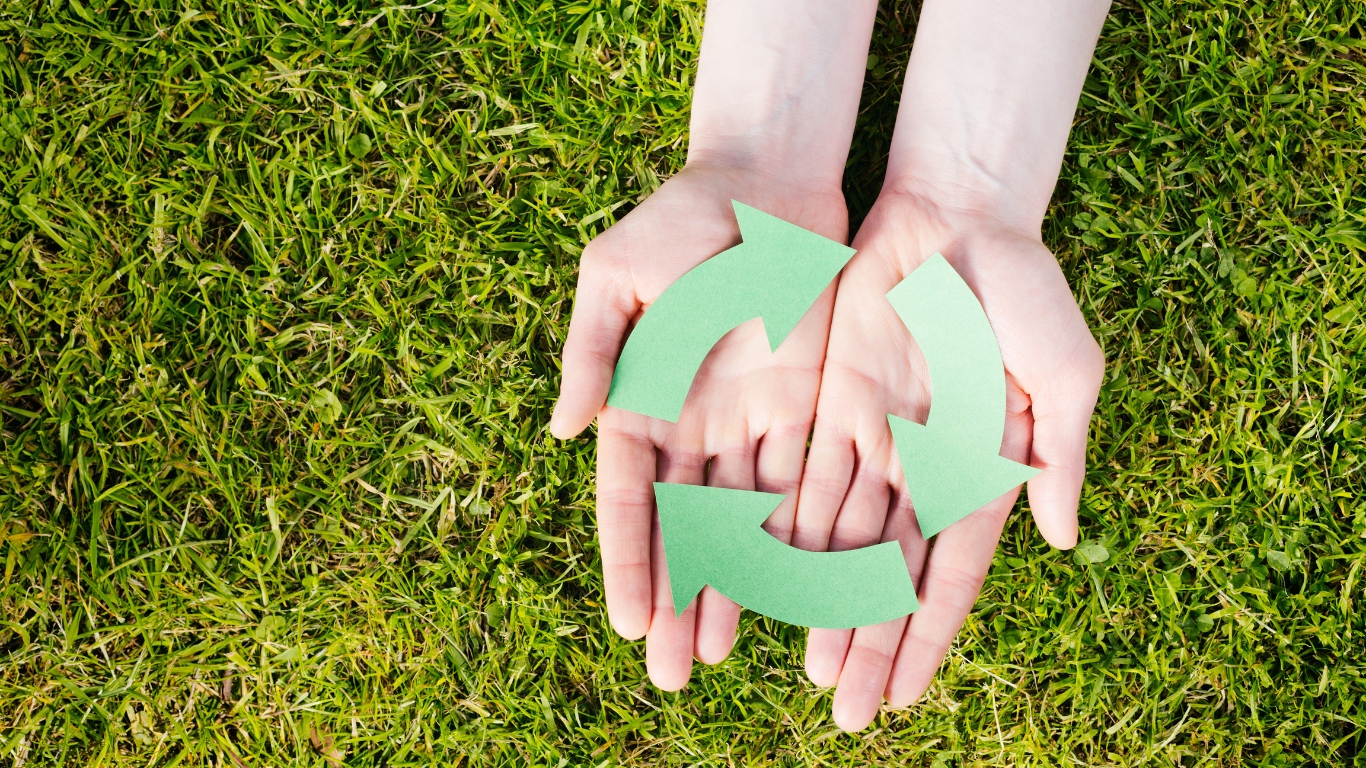FREE US SHIPPING WHEN YOU SPEND $35+
The Case for Zero-Waste: Is a 100% Sustainable Lifestyle Possible?

We live in a massively wasteful society. In 2018 alone, the USA produced over 292 million tons of solid waste, accounting for nearly 1,800 pounds per person annually. All this trash ends up clogging landfills or finding their way into our environment, where it pollutes our oceans and forests, while harming wildlife. Because of this, the zero waste movement has been gaining traction as a way to protect the earth. But what exactly is zero waste living?

When you’re new to sustainability, the thought of ‘zero waste living’ can sound extreme and intimidating. You might be wondering, where do you even start? And is a 100% zero waste lifestyle even possible? Keep reading, the answer might surprise you!
First, what is zero waste living?
At its core, zero waste living seeks to minimize the amount of waste you produce, as much as possible. This includes saying no to single-use products, ditching plastic for good, ensuring your food is waste-free, and even your clothes are also recycled. Like we said, it all sounds pretty overwhelming, whether you’re new to a sustainable lifestyle or not.

Is a 100% sustainable lifestyle even possible?
In truth, living a 100% sustainable, zero-waste life is unrealistic. You could be very selective about where your sustainable living products come from, such as bulk food from refillable groceries. But there’s likely still some form of waste throughout the supply chain — whether it’s the bins they came in, or by-products that are chucked in the trash. Of course, this isn’t to put the blame on the consumer, but on the societal systems that limit us.
To be completely zero-waste, you’d have to live off-grid, grow your own food from scratch, cultivate your own fibers for clothes, and even collect rainwater. If this is possible for you, great! But it’s a difficult, unattainable standard for most of us — and this ‘all-or-nothing’ mindset is often what discourages people from living a sustainable lifestyle.
The good news is, around the world, there are community efforts underway to adopt more sustainable business practices and innovations to create a more circular economy. The End Plastic Waste Org highlights plastic recycling initiatives in Japan, improved waste management in India, proper disposal education in the Philippines, and so many more. While we’re a long way to go from a zero-waste utopia, these developments give us something to be hopeful for.

Redefining how to live a zero waste lifestyle
Like we always say at J&L Naturals, you don’t have to be a perfect eco-warrior to make a difference! On an individual level, there are several sustainable lifestyle changes you can make to make the planet a little better. But it starts with redefining what ‘zero waste’ means to YOU.
For instance, you might start with an indoor garden, so you can grow your own vegetables instead of buying at the grocery. Or you might experiment with DIY cleaning liquids, instead of buying bottled soaps. You could even lessen your car rides and invest in a reliable bike instead. (If you’re looking for more sustainable lifestyle tips and zero waste living tips, check out our previous blog post on J&L Naturals!)
The bottom line is, every action counts. The most important thing is to just get started! Mother Earth will thank you.

Ready to start your low waste lifestyle? Explore sustainable essentials now on jnlnaturals.com.

